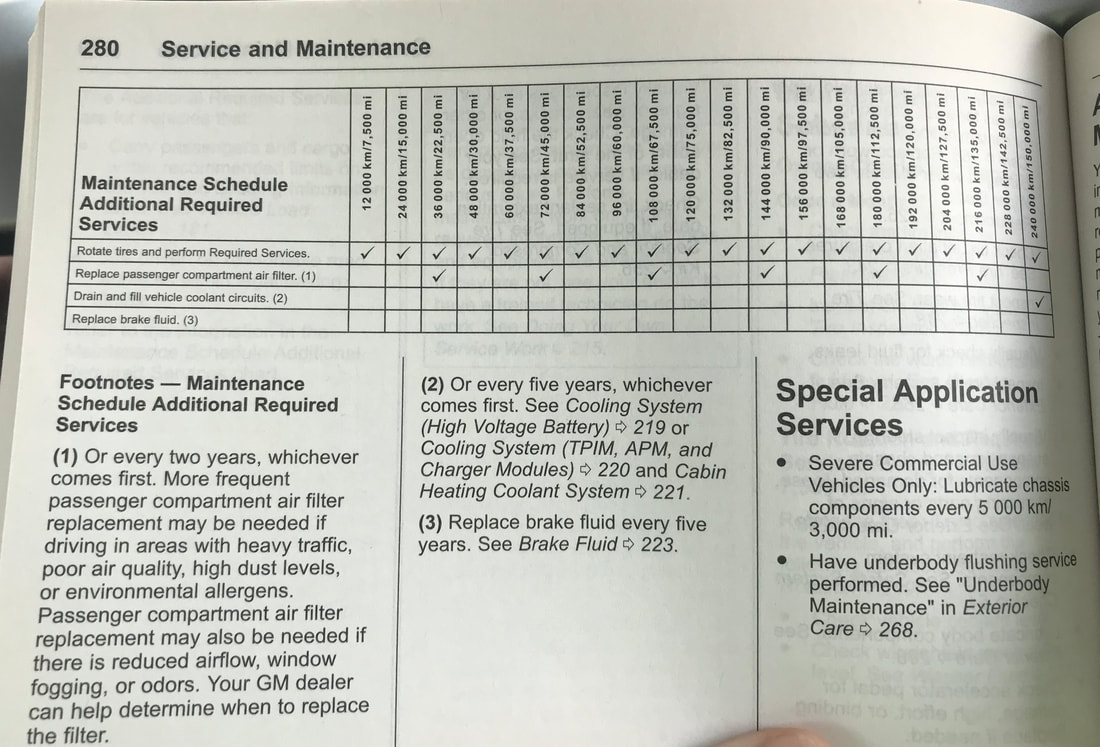EV Maintenance
EVs cost a lot less to own than their internal-combustion engine counterparts and in addition to the fuel savings they provide, much of the cost savings of owning an EV comes from the reduced cost of maintenance needs. This is because EVs don't have many of the mechanical parts that are found under the hood of a gas or diesel vehicle. As an EV owner, you don't have to worry about oil changes, spark plug replacement, air filters, timing belts, or many other components. Avoiding these things can save you quite a bit of money over the life of a car.
However, this isn't to say that EVs are maintenance free. They still have manufacturer recommended maintenance schedules to keep in mind and other parts that will wear down over time. Other than basic maintenance, like tire replacement and rotation, topping off fluids, and replacing wiper blades, it is important to take your car to a certified repair center (dealer or independent) to have an inspection of your car performed regularly.
As an example of what can be recommended, here’s a look at the maintenance schedule for the 2016 Chevrolet Spark EV:
However, this isn't to say that EVs are maintenance free. They still have manufacturer recommended maintenance schedules to keep in mind and other parts that will wear down over time. Other than basic maintenance, like tire replacement and rotation, topping off fluids, and replacing wiper blades, it is important to take your car to a certified repair center (dealer or independent) to have an inspection of your car performed regularly.
As an example of what can be recommended, here’s a look at the maintenance schedule for the 2016 Chevrolet Spark EV:
Unless you've found a source of tires that don't wear as you drive, you're going to reach a point where the tread on your rubber is worn. Rotating tires can help prolong the life of tires and keep you safe. Other services that are typically performed at that time are inspections of many other EV components. An EV certified shop should perform a comprehensive inspection of:
- Coolant level, for the battery (if your car has thermal management), interior cabin heater, and charging components.
- Brakes, brake fluid level, and brake system lines.
- Steering, suspension, and chassis components.
- Drive shafts or half shafts.
Changing out coolant and brake fluid as needed is also important. Other than that, EV owners will need to replace the tires (often more frequently than other vehicles), have the brakes replaced due to use (or due to rust buildup from non use), and replace lightbulbs as they burn out.
That's generally it. Repairs will be needed eventually as things break, and it's very difficult to forecast that as there are a lot of factors that will influence the need for repairs, but having many less parts to break give EVs a significant advantage in the auto world.
That's generally it. Repairs will be needed eventually as things break, and it's very difficult to forecast that as there are a lot of factors that will influence the need for repairs, but having many less parts to break give EVs a significant advantage in the auto world.


